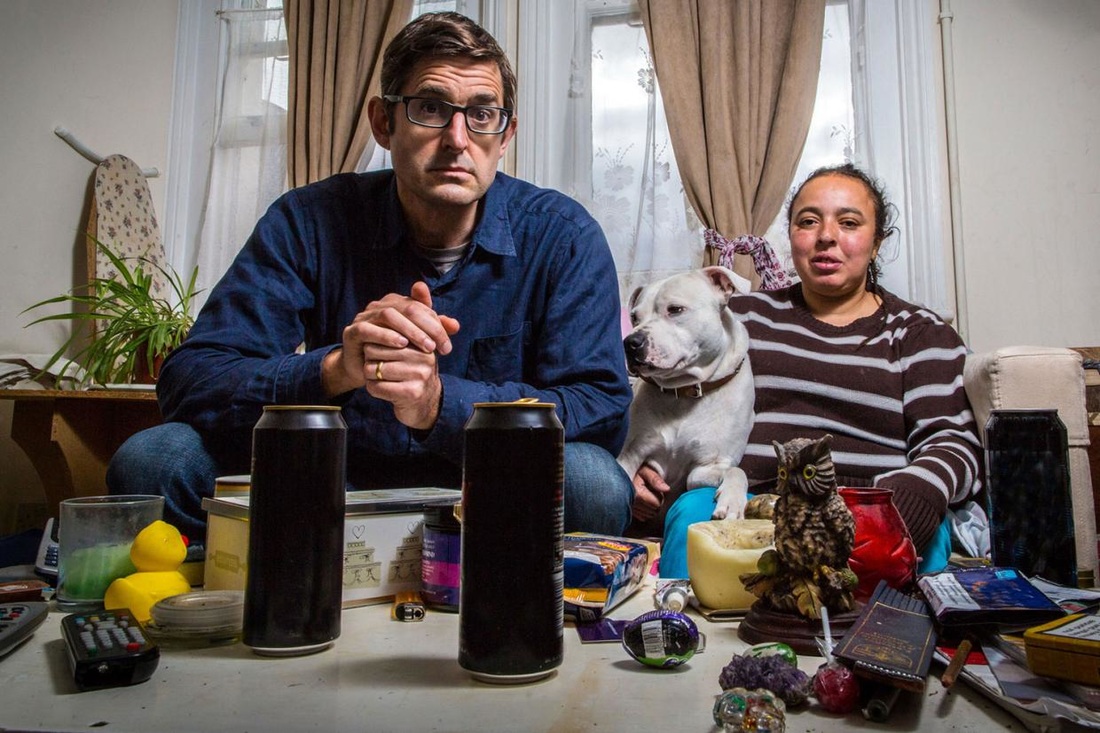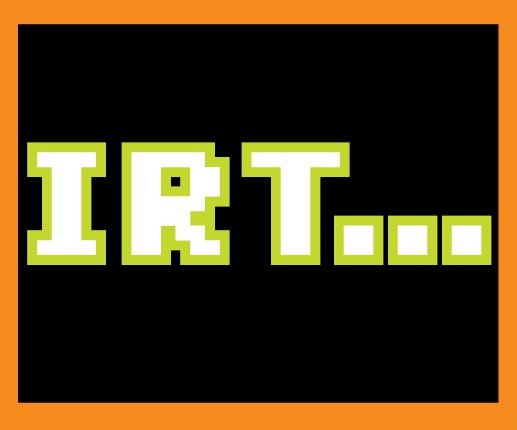The documentarian’s latest work is notable for a couple of reasons. Firstly, it marks his long-awaited return to England. Recent years have seen Theroux travel to America in search of the weird and wonderful - and who could blame him. However when fans spoke, he listened and this new mini-series (neatly nestled in the lead up to his first feature film, My Scientology Movie) focuses firmly on UK shores and the stories within. Straight off the bat, it’s interesting seeing Theroux work in an environment where he’s a known entity, having spent so many years being the unknown abroad. It doesn’t impact too much but does seep in here and there. “He always does that…” remarks one interviewee slyly to the camera following a typically Louie-like question. We know he does, and so do his subjects.
Secondly this story is painfully tragic, perhaps even more so than his previous shows on things like Autism or Dementia which make no mistake, were definitely very upsetting. It’s interesting. Tragedy is dependent on the existence of hope and here, each of his broken interviewees are undoubtedly faced with a choice: to go with hope and get clean or to continue down the cider soaked rabbit hole. While it may take a conscious decision to become viciously right-wing, an unashamed paedophile or start believing in aliens - for the subjects of Drinking to Oblivion, the choice isn’t as cut and dry as you might think.
Here, Theroux looks at the harsh consequences of England’s favourite pastime: drinking to excess. He introduces us to a selection of sufferers; some victims of circumstance, some who have simply had the after-effects of drinking sneak up on them. Almost all of them however have experience of past trauma and seem to live a depressingly cyclical lifestyle. As is the case with most of his recent documentaries, Theroux’s subject matter seems so big, layered and complex that even he struggles to find a practical, rational solution to it all. More than once in the show’s 50 minute run time we join Louis in the chin-scratching confusion of what the right thing to do actually is.
It’s not all doom and gloom though and that expertly crafted interview style Theroux has honed over the years is put to great use, unassumingly disarming tense guests in unusually tense situations. Theroux even manages to find us a much-needed silver lining out of the whole ordeal too. However when all’s said and done and those end credits start to roll, it’s hard not to wonder how long it can possibly last.


 RSS Feed
RSS Feed
